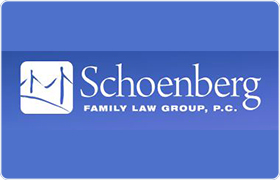Healdsburg Divorce & Family Law Lawyer, California
Sponsored Law Firm
-
 x
x

Click For More Info:
-
Schoenberg Family Law Group, P.C.
575 Market St Suite 4000 San Francisco, CA 94105» view mapDivorce & Family Law Over 30 Years of Experience
Schoenberg Family Law Group, P.C., recognizes that family law matters involve complex, sensitive issues that can have a lasting impact on you and your family.
800-781-8440
Mark Lee Gladden
Visa, Estate, Child Custody, Slip & Fall Accident
Status: In Good Standing Licensed: 49 Years
Maryanna Machi
Government, Estate, Family Law, Divorce & Family Law
Status: In Good Standing Licensed: 29 Years
Judith K. Stadler
Dispute Resolution, Employment, Family Law, Divorce
Status: In Good Standing Licensed: 38 Years
Judith Kathryn Stadler
Lawsuit & Dispute, Employment, Family Law, Divorce & Family Law
Status: In Good Standing Licensed: 38 Years
Danielle Restieaux
Commercial Real Estate, Estate Planning, Family Law, Elder Law
Status: In Good Standing Licensed: 21 Years
Timothy Dennis Fitzpatrick
Estate, Child Custody, Business, Medical Malpractice
Status: In Good Standing Licensed: 45 Years
 Debra Schoenberg San Francisco, CA
Debra Schoenberg San Francisco, CA AboutSchoenberg Family Law Group, P.C.
AboutSchoenberg Family Law Group, P.C. Practice AreasExpertise
Practice AreasExpertise
